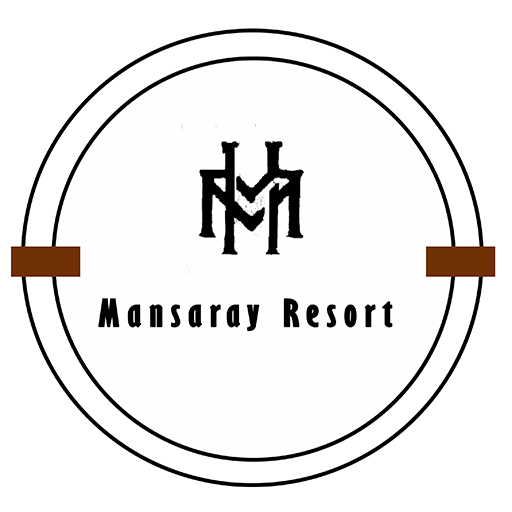Explore Sierra Leone

Sierra Leone is a country located on the west coast of Africa, bordered by Guinea to the north and east, Liberia to the southeast, and the Atlantic Ocean to the west and southwest. Freetown, the capital and largest city, is located on the Freetown Peninsula, along the Atlantic coast.
History: Sierra Leone has a rich and complex history. The region was inhabited by indigenous tribes for thousands of years before the arrival of European explorers in the late 15th century. In the 18th century, Sierra Leone became a major center for the transatlantic slave trade, with British slave traders establishing a settlement for freed slaves known as the “Province of Freedom” in 1787. In 1808, Sierra Leone became a British crown colony and served as a haven for freed slaves from various parts of West Africa and the Americas.
Sierra Leone gained independence from Britain on April 27, 1961, and became a republic in 1971. The country experienced periods of political instability and military rule, including a decade-long civil war from 1991 to 2002, which resulted in widespread violence, human rights abuses, and displacement of people. The war left deep scars on Sierra Leone, but the country has made significant progress in the years since, including holding democratic elections, rebuilding its infrastructure, and promoting economic development.
Culture and Ethnicity: Sierra Leone is known for its diverse cultural heritage, with over 18 ethnic groups living within its borders. The largest ethnic groups are the Temne, Mende, Limba, and Krio. Each group has its own distinct language, customs, and traditions, contributing to the rich cultural tapestry of the country.
Music and dance play an important role in Sierra Leonean culture. Traditional music styles include Bubu, a fast-paced percussion-driven music associated with the Temne people, and Highlife, a genre influenced by Ghanaian and Nigerian music. Sierra Leonean popular music has also gained international recognition, with artists like Emmerson Bockarie and Kao Denero gaining popularity both locally and internationally.
Religion: Sierra Leone is a religiously diverse country, with Islam and Christianity being the two dominant religions. Islam is the largest religion, practiced by about 78% of the population, while Christianity is followed by approximately 20% of the population. Traditional African religions also continue to be practiced by a small percentage of the population.
Economy: Sierra Leone’s economy is largely based on agriculture, with the majority of the population engaged in subsistence farming. The country is known for its diamond and mineral resources, including iron ore, rutile, and bauxite. However, the economy remains largely undeveloped, with high levels of poverty and unemployment.
Challenges: Sierra Leone faces several challenges as it continues to rebuild and develop. Despite progress in recent years, poverty and inequality remain widespread, and access to basic services such as education, healthcare, and clean water is limited for many. The country also faces environmental challenges, including deforestation, soil erosion, and pollution.
Sierra Leone has made efforts to strengthen its democratic institutions and promote human rights, but challenges related to governance, corruption, and political stability persist. Additionally, the country is vulnerable to natural disasters such as floods, landslides, and outbreaks of diseases like Ebola, which pose ongoing threats to public health and safety.
Tourism: Sierra Leone has a growing tourism industry, with its natural beauty, cultural heritage, and wildlife being major attractions. The country has several national parks and wildlife reserves, including the Outamba-Kilimi National Park, which is home to a wide variety of wildlife, including elephants, chimpanzees, and pygmy hippos. Sierra Leone also has beautiful beaches along its coastline.
Mansaray Resort © 2023
